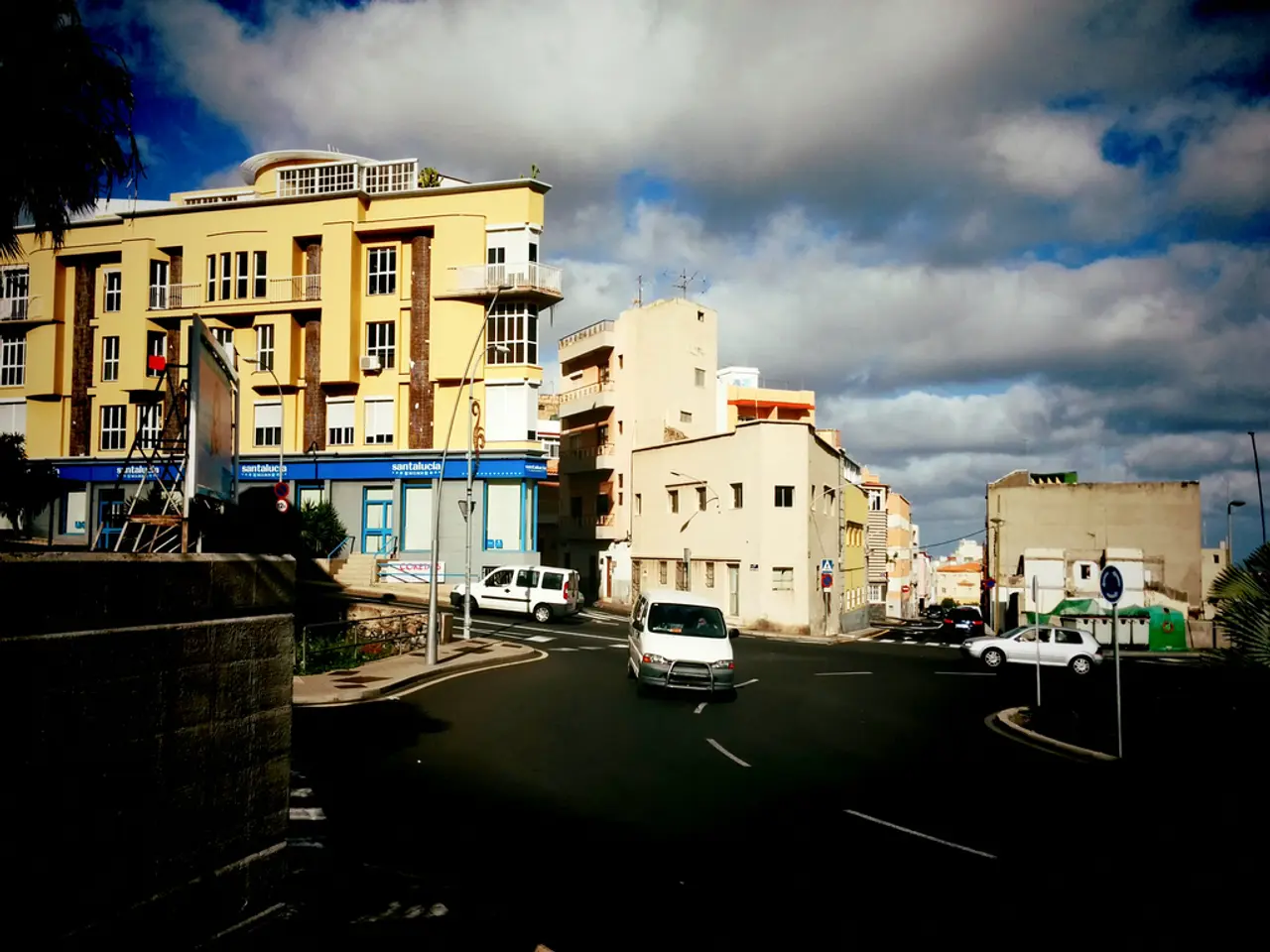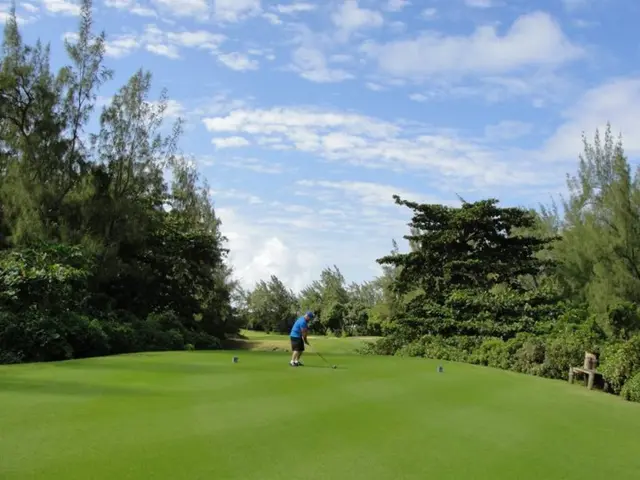Urban Lights Extend Birds' Chorus by Almost an Hour Daily
A new study published in the journal Science has revealed that artificial light is significantly reshaping the daily routines of birds across the globe.
The research, rooted in one of the most ambitious behavioral datasets ever assembled, analysed over 60 million recordings from 583 bird species. To gauge light exposure, the researchers overlaid these data points with satellite images from NASA's VIIRS instruments.
The study finds that light pollution nudges birds into a slightly earlier song and stretches their active hours across space, species, and seasons. Birds in brightly lit areas start singing 18 minutes earlier and finish 32 minutes later than those in darker places.
Moreover, the prolonged activity due to light pollution may lead to sleep debt in birds, potentially resulting in adverse health or population outcomes. This is particularly true for nocturnally migrating birds, which rely on star navigation and suffer disorientation, increased energy consumption, and collisions with illuminated windows, as well as resident species like blue tits and great tits, whose natural day-night rhythms are disrupted, leading to behavioral changes such as premature breeding.
The impact of artificial light on birds is amplified during the breeding season, pushing them to begin singing earlier. Not all species respond to artificial light in the same way. Birds with larger eyes, such as the American robin, Northern mockingbird, and European goldfinch, exhibit longer vocalization periods than average due to light pollution. On the other hand, birds with smaller eyes, like sparrows, are less responsive to artificial light.
The concern is growing that extended daylight due to light pollution may further exacerbate the long-term decline of bird populations across the globe. With more than 80% of the world's population, and 99% of U.S. and European residents, now living under light-polluted skies, this issue is becoming increasingly urgent.
The study shows that even the glow of streetlamps and windows is reshaping birds' daily routines. As we continue to urbanise and increase our use of artificial light, it is crucial that we consider the potential impacts on wildlife and take steps to mitigate light pollution where possible.
Read also:
- Managing Stormwater Efficiently through the Use of Permaculture Planning
- Young individual at Yellowstone National Park sustains severe burn injuries following a sudden collapse into a boiling hot thermal basin
- Rising hospitalizations due to severe food allergies, according to research findings.
- Important Immunizations for Newborns in Nigeria








